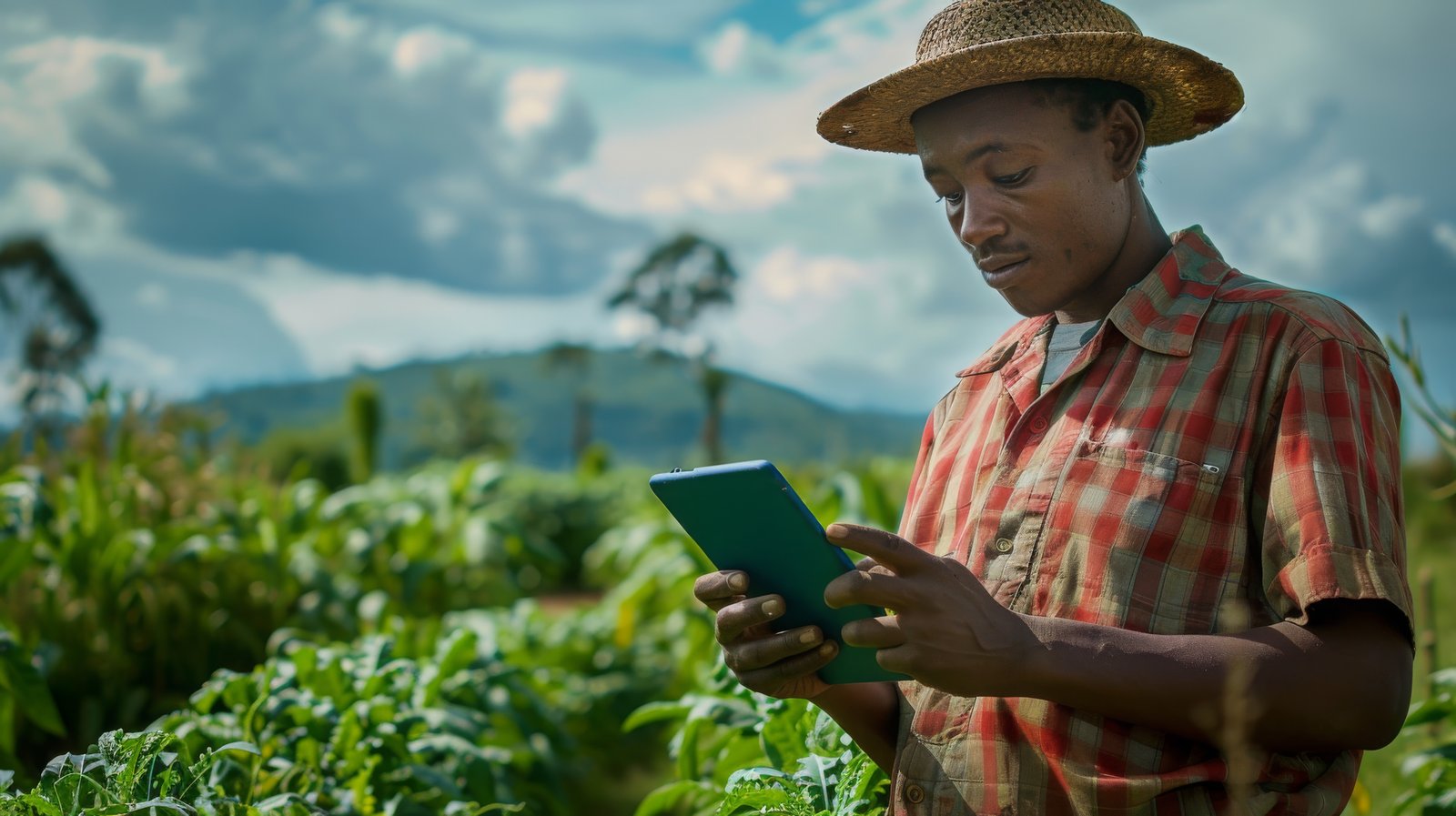Farm tech depends on broadband access

Farmers and ranchers in the 21st century are increasingly turning to soil sensors, online data hubs and other advanced technologies designed to help them develop more precise uses of water and other inputs, and keep up with the paperwork.
None of this is possible, they say, without a good connection to the internet—something that can be dodgy in rural parts of the state. Only 46.5% of rural households in California can adopt broadband with download speeds of 100 megabits per second or faster, according to the 2020 Broadband Action Plan, produced by the California Broadband Council.
Efforts are underway to help bring better broadband access to rural areas. The proposed state budget for fiscal year 2022 includes $6 billion to $7 billion for rural-broadband investment. Though some details remain to be worked out, about $3.75 billion will go to “middle mile” projects and an additional $2 billion is allocated to “last mile” work, Spiegel said.
“The way to look at it is, you have the urban core, but when you get out to rural communities, you truly need a hub,” Spiegel said. “That hub then becomes that middle-mile connector to the last mile.”
Identifying potential hubs is the aim of Senate Bill 28 by Sen. Anna Caballero, D-Salinas, which is pending in the Assembly.
Taylor Roschen, a Farm Bureau policy advocate, likened the system to roads, with the state highways as the middle mile and local or county roads as the last mile to the farm.